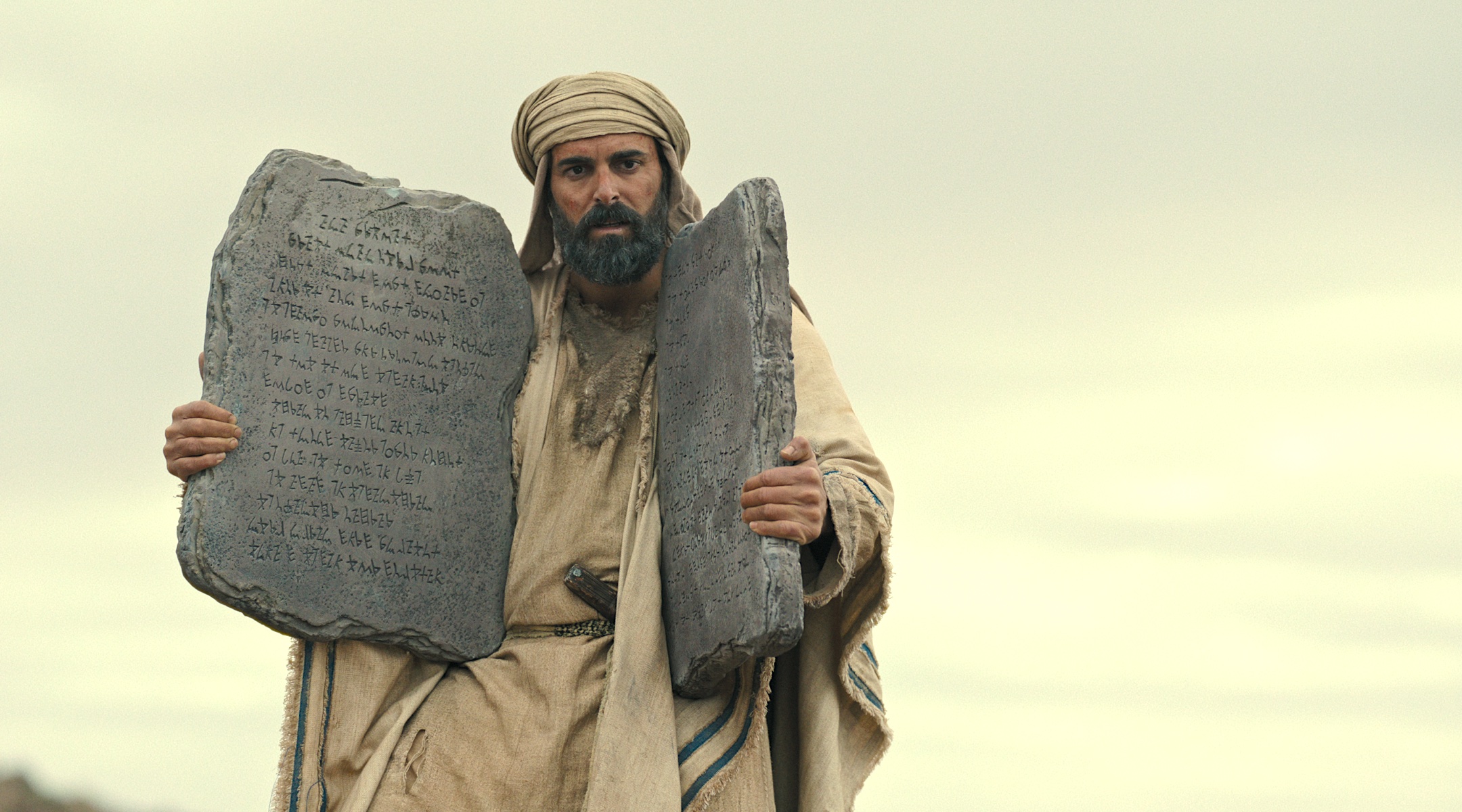Introduction
Moses is one of the most significant figures in religious history, revered in Judaism, Christianity, and Islam. Known for leading the Israelites out of Egyptian slavery and receiving the Ten Commandments from God, Moses’s story is foundational to the understanding of faith, law, and leadership in the Abrahamic traditions.
Early Life and Background
Moses was born at a time when the Israelites were enslaved in Egypt. According to the biblical narrative in the Book of Exodus, Pharaoh had decreed that all newborn Hebrew boys be killed to control the Israelite population. To save him, Moses’s mother placed him in a basket on the Nile River, where he was discovered and adopted by Pharaoh’s daughter. Raised in the Egyptian royal household, Moses was aware of his Hebrew heritage.
The Call to Leadership
Moses’s life took a pivotal turn when he killed an Egyptian taskmaster who was beating a Hebrew slave. Fleeing to the desert region of Midian, Moses lived as a shepherd. During this time, he encountered God in the form of a burning bush on Mount Horeb (Sinai), where he was commanded to return to Egypt and lead the Israelites to freedom.
The Exodus
Moses returned to Egypt and, with his brother Aaron, confronted Pharaoh. Through a series of divine plagues, Moses demonstrated God’s power, ultimately compelling Pharaoh to release the Israelites. The final plague, the death of the firstborn, led to the institution of the Passover, a pivotal event in Jewish tradition. The Israelites’ departure, known as the Exodus, marked the beginning of their journey to the Promised Land.
The Wilderness Period
The journey from Egypt to Canaan was arduous and marked by numerous challenges. The Israelites wandered the desert for forty years, during which Moses played a crucial role as leader, mediator, and prophet. Key events during this period include the provision of manna, water from the rock, and the Israelites’ battle with Amalek.
Receiving the Law
One of the most significant moments in Moses’s life was his ascent of Mount Sinai, where he received the Ten Commandments from God. This event established the covenant between God and Israel, forming the basis of Jewish law and ethics. The commandments were housed in the Ark of the Covenant and formed the core of the Torah.
Challenges to Leadership
Despite his pivotal role, Moses faced significant challenges, including rebellions and complaints from the people he led. Notable incidents include the rebellion of Korah and the sin of the golden calf, where Moses’s leadership and intercession were critical in maintaining the covenant with God.
The End of Moses’s Life
Moses’s life ended with him viewing the Promised Land from Mount Nebo but not entering it, as a consequence of his disobedience at Meribah. He died at the age of 120, and his burial place remains unknown, adding to his mystique.
Legacy
Moses’s legacy is vast and multifaceted. In Judaism, he is the greatest prophet and teacher, the ultimate lawgiver whose life and teachings are foundational. Christianity views Moses as a precursor to Jesus Christ, representing the old covenant that Jesus came to fulfill. In Islam, Musa (Moses) is a prophet and messenger of God, exemplifying faith, perseverance, and leadership.
Conclusion
Moses’s life and legacy transcend religious boundaries, embodying the ideals of liberation, law, and divine guidance. His story continues to inspire and instruct, highlighting the profound impact of faith and leadership in shaping human history and spirituality.



Přijetí hypoteční platby může být nebezpečný pokud nemáte rádi čekání v dlouhých řadách , vyplnění mimořádné formuláře , a odmítnutí úvěru na základě vašeho
úvěrového skóre . Přijímání hypoteční platby může být problematické, pokud nemáte rádi čekání v dlouhých řadách
, podávání extrémních formulářů , a odmítnutí
úvěru na základě vašeho úvěrového skóre .
Přijímání hypoteční platby může být problematické ,
pokud nemáte rádi čekání v dlouhých řadách ,
vyplnění extrémních formulářů a odmítnutí úvěrových rozhodnutí založených na úvěrových skóre .
Nyní můžete svou hypotéku zaplatit rychle a efektivně v České republice. https://groups.google.com/g/sheasjkdcdjksaksda/c/a3RqPWOw5Go
Přijetí hypoteční platby může být nebezpečný pokud
nemáte rádi čekání v dlouhých řadách , vyplnění mimořádné formuláře ,
a odmítnutí úvěru na základě vašeho úvěrového skóre .
Přijímání hypoteční platby může být problematické,
pokud nemáte rádi čekání v dlouhých řadách , podávání extrémních formulářů , a odmítnutí úvěru na základě vašeho úvěrového skóre .
Přijímání hypoteční platby může být problematické
, pokud nemáte rádi čekání v dlouhých řadách ,
vyplnění extrémních formulářů a odmítnutí
úvěrových rozhodnutí založených na úvěrových skóre
. Nyní můžete svou hypotéku zaplatit rychle a efektivně v České republice. https://groups.google.com/g/sheasjkdcdjksaksda/c/a3RqPWOw5Go